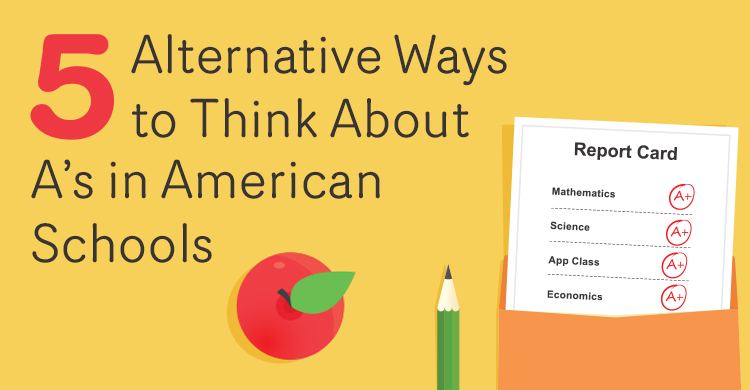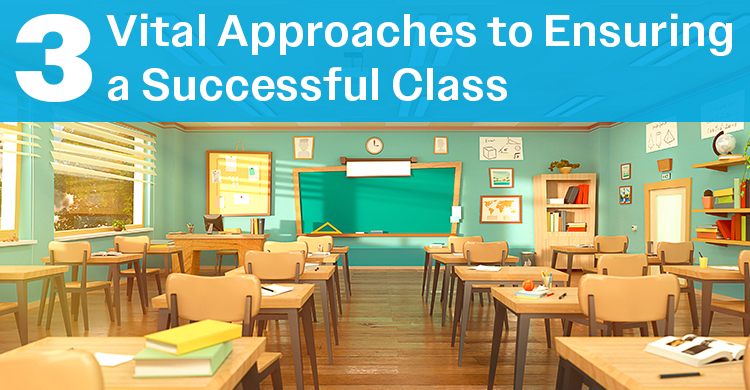In a previous blog post on why games work, we shared our three learner-engagement tenets from our book, The Quest for Learning.
In this blog post, we’d like to revisit Learning Tenet One:
The learner engages with relevant, worthy inquiries and experiences that are interesting or emotionally gripping.
The teacher might think a topic worthy, but without conversation or negotiation with students, the topic may not be as worthy as the teacher thought. We want students to make connections to themselves or the things that matter to them and give them some leeway in the pursuit of their interests. This is where student motivation lives, and as teachers, we are actively looking to spark curiosity, creativity, and quality work.
- What is it that will matter to the student enough for them to eagerly learn, aggressively pursue, and persevere through to reach their learning goals?
- How do we inspire passion for learning within our students?
We want students to see that their learning is a valid investment of their energy, by inviting them into their learning as valued voices. While inquiry has been a classroom staple for centuries, bringing in student voices doesn’t always happen. When teachers shift their thinking from “questioning for students” to “questioning with students,” magic starts happening in the classroom. Students grow into curious explorers who take their own actions to learn rather than simply being receivers of content.
To help students have buy-in while still meeting the learning goals that the teacher frames, we invite you to consider the following question types:
| Essential Questions | Promote inquiry in a topic, skill, or concept. The teacher is responsible for designing these questions because the teacher knows what must be addressed in the curriculum.
Examples:
|
| Driving Questions | These questions guide research and actions. These are student-generated questions that are related to the Essential Questions. These question types help students own their learning and let them bring their interests into the system.
Examples:
|
| Probing Questions | Probing Questions help students make sense of information or results. Teachers and/or students may generate these questions, and they are meant to support students by helping them to examine their work, their assumptions, their evidence, or their trajectory toward their learning goals.
Examples:
|
| Reflection Questions | These questions encourage students to think about their work and what they have learned. These questions could be designed by the teacher or the student and are meant to help students monitor how they feel about their progress and their accomplishments.
Examples:
|
To learn more about inquiry in the classroom and using inquiry as a contemporary curriculum design lens, please check out our book, The Quest for Learning, now available from Solution Tree.
[author_bio id=”1446″]
[author_bio id=”1485″]
[author_bio id=”1344″]






